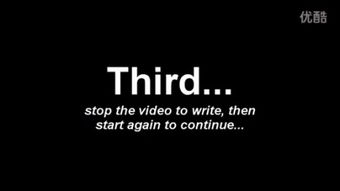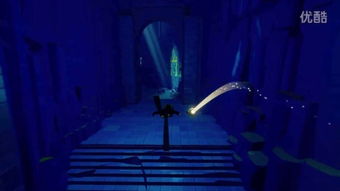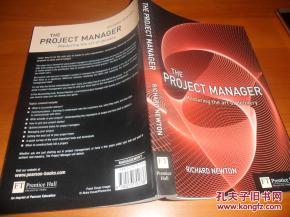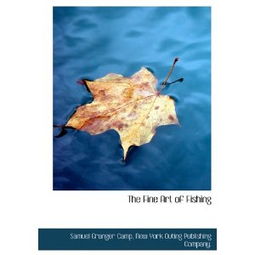Content:
Lure fishing, with its dynamic and exciting nature, is a popular pastime for many anglers. However, for beginners or those who find themselves without any fishing techniques, the experience can seem daunting. Fear not, for this article is designed to help you navigate the world of lure fishing even if you're starting from scratch. Here's a comprehensive guide to get you on the right track.
Understanding Lure Fishing Basics
Before diving into the techniques, it's essential to have a basic understanding of what lure fishing entails. Lure fishing involves using artificial lures to mimic the movements and appearance of real fish. These lures can range from simple spoons and spinners to more complex crankbaits and soft plastics. The goal is to entice fish to strike by making the lure look like a prey item.
Assess Your Gear
The first step in overcoming the challenge of lure fishing without techniques is to ensure that your gear is up to par. Here's a checklist:
- Rod and Reel: Choose a rod and reel that are suitable for the type of fish you're targeting. A medium-heavy rod with a spinning reel is a versatile choice for beginners.
- Line: Use a monofilament line with a breaking strength that matches the size of the fish you're aiming to catch. For instance, 8-12 lb test line is ideal for most freshwater species.
- Lures: Start with a basic selection of lures, such as a spinnerbait, a crankbait, and a few soft plastics. These will cover a wide range of fishing scenarios.
- Hooks and Sinkers: Ensure you have the right hooks for the lures you're using and consider adding a sinker if you're fishing in deeper waters.
Mastering the Basics
Once you have your gear ready, here are some fundamental techniques to help you get started:
- Casting: Practice your casting technique to ensure you can consistently cast your lure into the desired location. Keep your wrist relaxed and use a smooth, fluid motion.
- Reeling: Learn how to reel in your lure at a steady pace. This will help you cover more water and keep the lure in the strike zone for longer.
- Rigging: Properly rigging your lure is crucial. Ensure that the lure is attached securely to the line and that any hooks are sharp and properly positioned.
Developing a Strategy
Now that you have the basics down, it's time to develop a strategy:
- Choose Your Spot: Look for areas where fish are likely to be, such as around structure, near weed beds, or along the shore.
- Adjust Your Technique: Depending on the water conditions and the type of fish you're targeting, you may need to adjust your lure presentation. For example, if the water is murky, you might need to use brighter colors or faster retrieves.
- Patience is Key: Lure fishing can be unpredictable. Be patient and be prepared to wait for the right moment to strike.
Advanced Techniques for Beginners

While you may not be ready to master advanced techniques right away, here are a few to keep in mind as you progress:
- Jigging: This involves bouncing a lure up and down to mimic the action of a struggling prey. It's effective for fish that are feeding near the bottom.
- Trolling: Trolling involves moving your boat with the lure in the water. This method can cover a lot of ground and is great for targeting species that are spread out.
- Surface Pop-ups: This technique involves popping a lure on the surface to create a commotion that can attract fish.
Final Thoughts
Remember, the key to successful lure fishing, even without advanced techniques, is practice and patience. Start with the basics, learn from your experiences, and gradually build up your skills. Here are some additional tips to help you along the way:
- Join a Group: Look for local fishing clubs or groups where you can learn from more experienced anglers.
- Watch Videos: There are countless instructional videos online that can help you understand different techniques.
- Stay Informed: Keep up with fishing reports and weather conditions to know where and when to fish.
By following these guidelines and maintaining a positive attitude, you'll be well on your way to becoming a proficient lure fisherman, even if you start without any techniques. Happy fishing!












